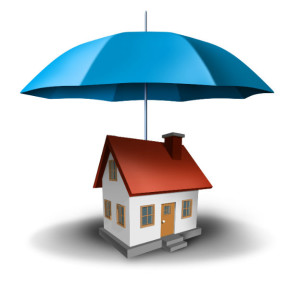Waterproofing Your Chimney
Fire is often targeted as being the biggest danger to a chimney structure, but believe it or not, its opposite actually tops the list. Water is the most common cause of damage to masonry chimneys, and is more damaging than fire, not just to the chimney, but also to the structure of your home.
Since masonry chimneys are made of porous materials like brick and mortar, concrete, stone, clay, steel or cast iron, they are especially susceptible to water. The following are some of the ways water can cause damage:
- Collapsed or tilted chimney
- Rusted damper assemblies
- Rotted rafters
- Stained and ruined walls, ceilings and wall coverings
- Flue liner cracks, rust and deterioration
If you have noticed any odors or moldy smell, ceiling leaks or wet spots around the chimney, moisture on or cracking chimney bricks, these are signs of a leaky chimney. You can avoid costly repairs by choosing preventive solutions. The three most common forms of protection from water damage are replacing or installing a chimney cap, checking the flashing, and waterproofing treatment.
Chimney caps serve many important functions. They keep rain and moisture from bad weather out, and are spark arrestors. They also keep out animals, birds, and debris such as leaves and twigs.
Flashing is the seal between the roofing and chimney that keeps water from entering the flue, which is the opening of the chimney, and will sometimes need to be replaced or repaired.
Waterproofing treatment is both protective and preventive. This treatment is an applied product that is vapor permeable. This means it allows water already trapped inside to escape, but keeps external moisture out. Waterproofing protects the existing structure, while also preventing further damage to your chimney.
Using paint or a sealer traps moisture inside the brick, causing further damage from within, so it is important to contact a certified chimney specialist for all your waterproofing needs. Scheduling annual inspections and cleanings will help you determine what specific solutions are needed to keep the water out of your chimney and home.

